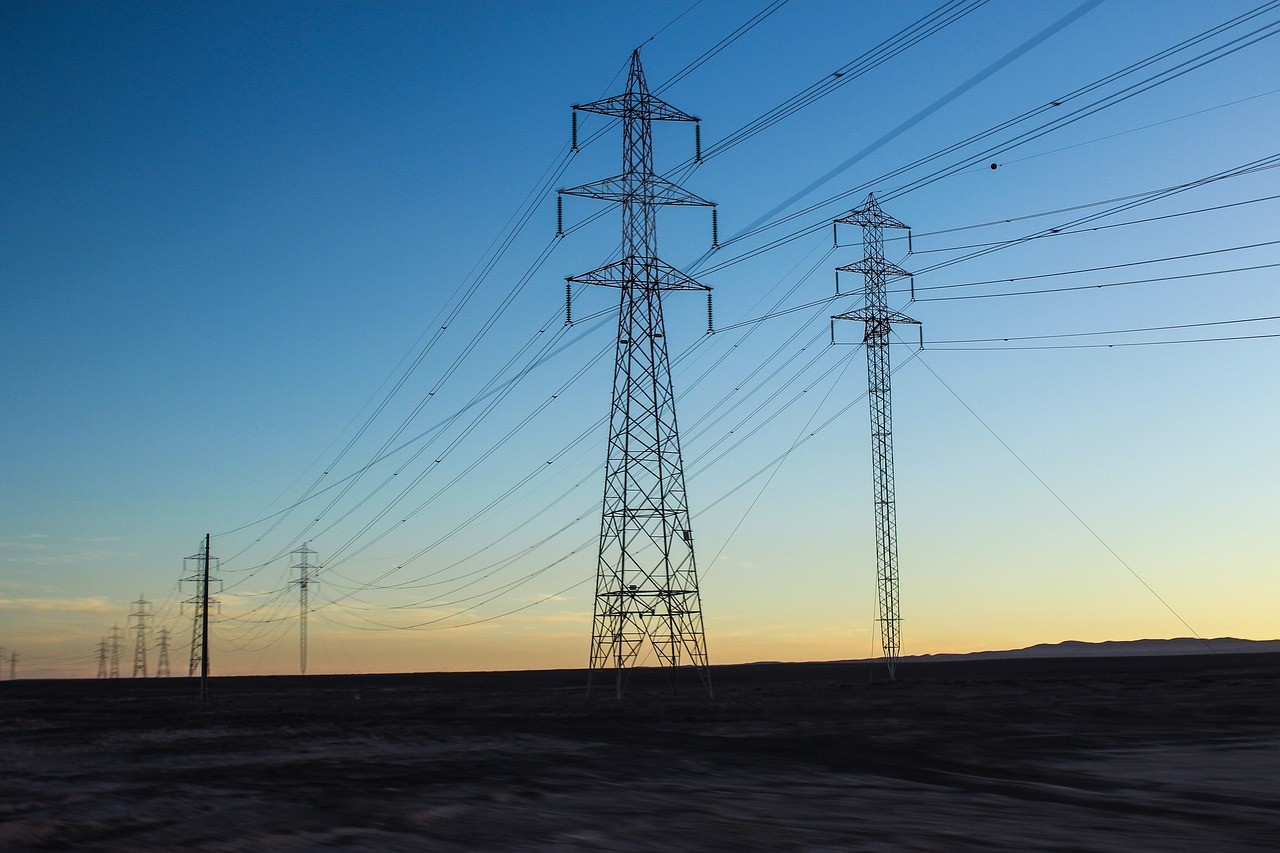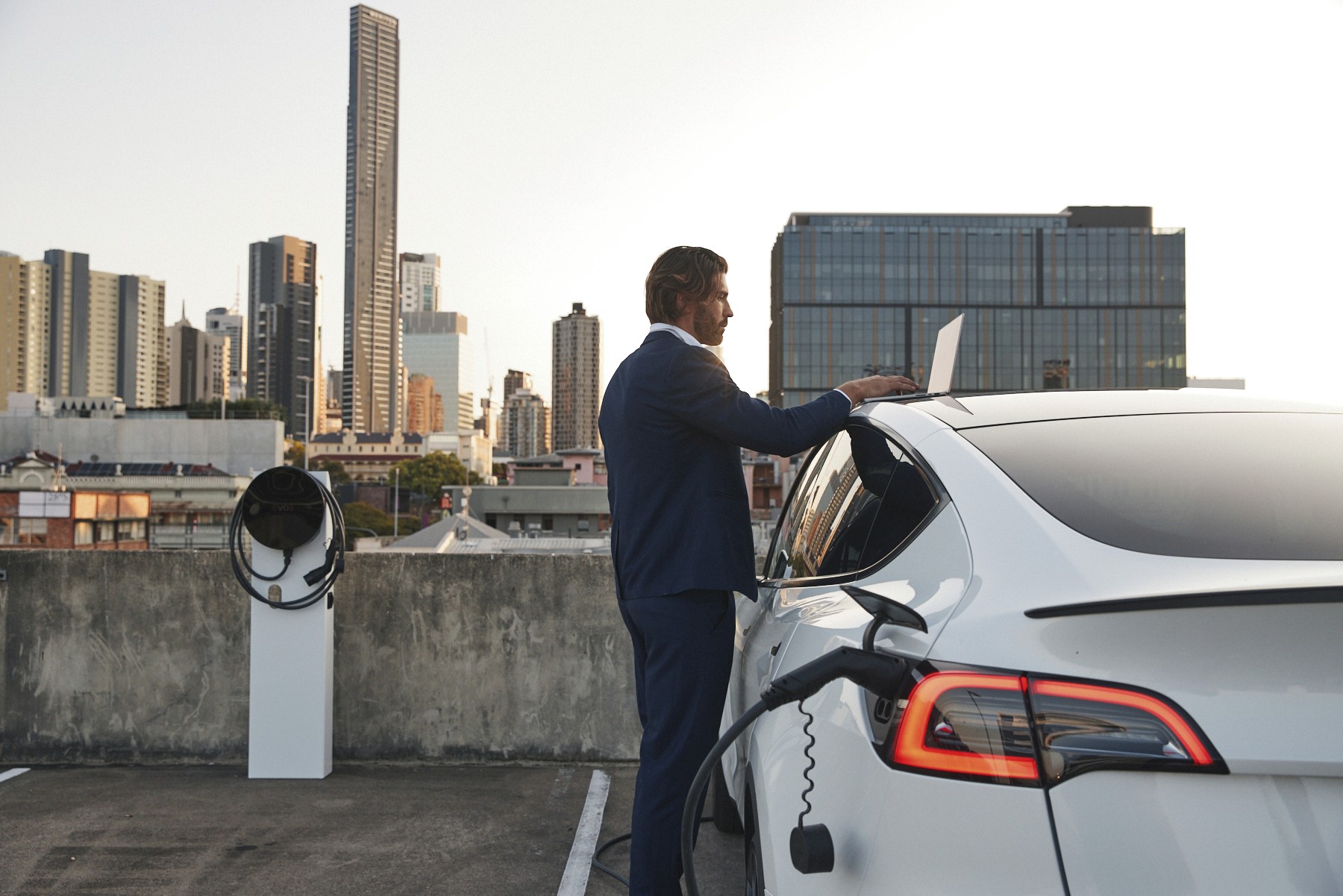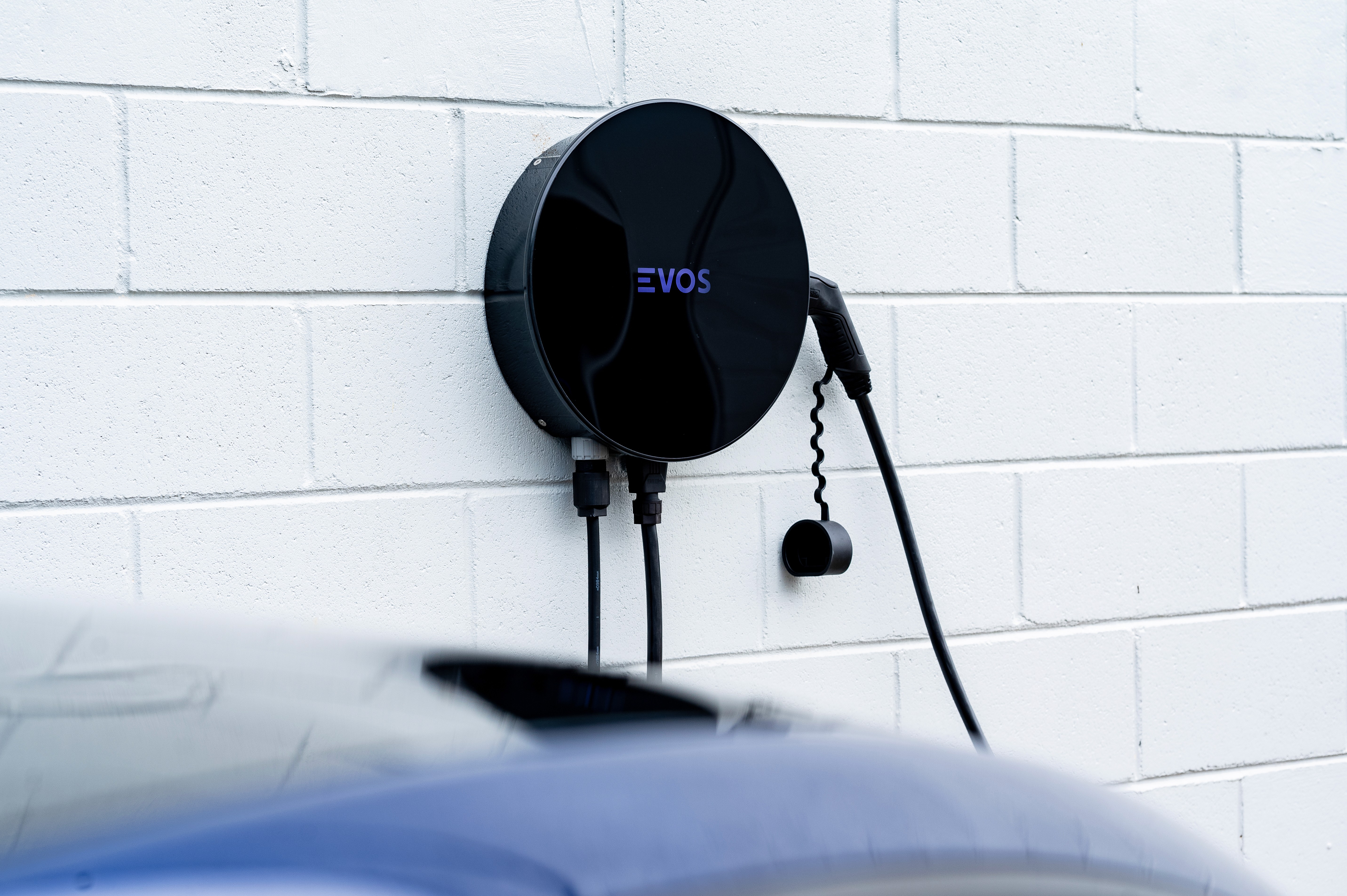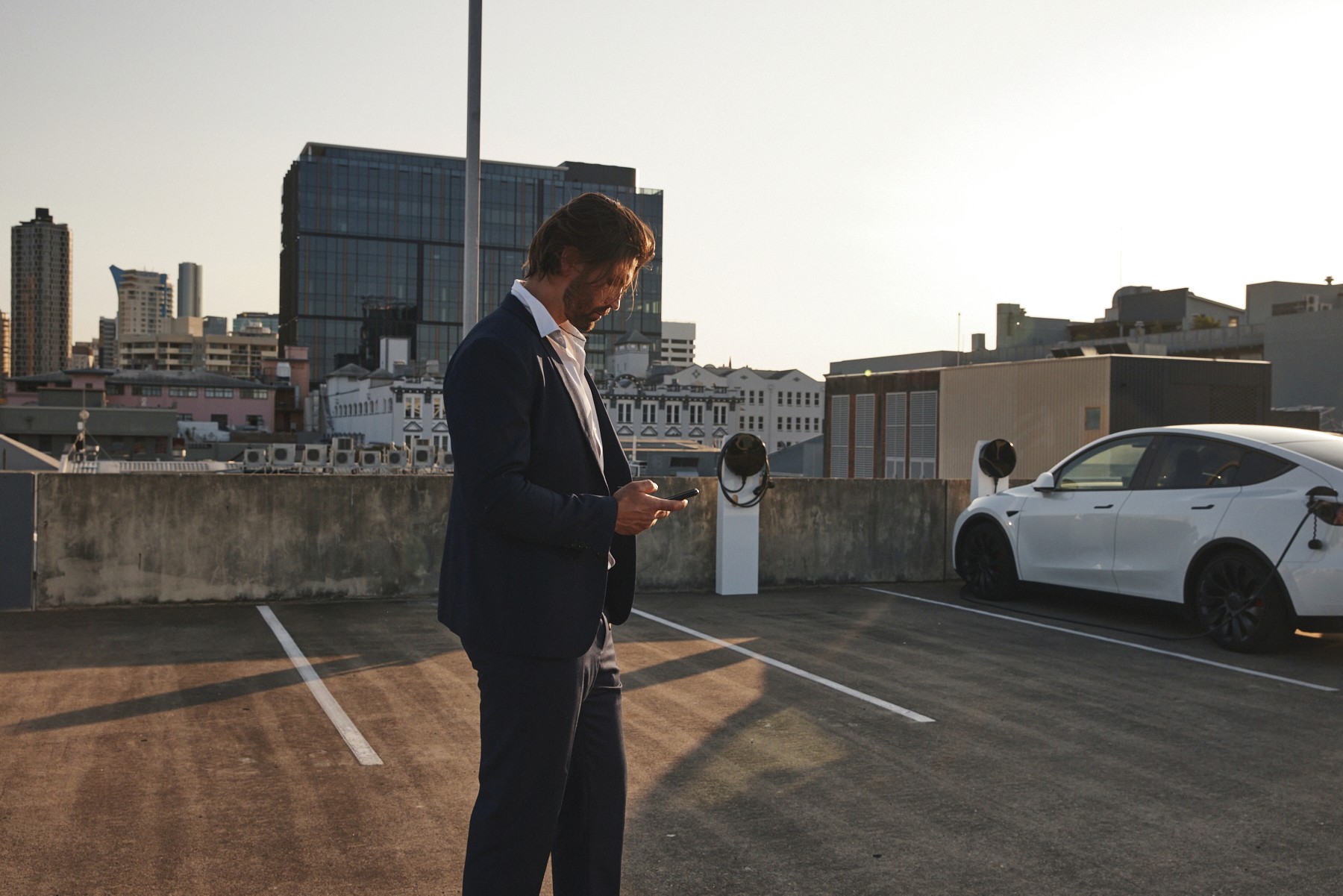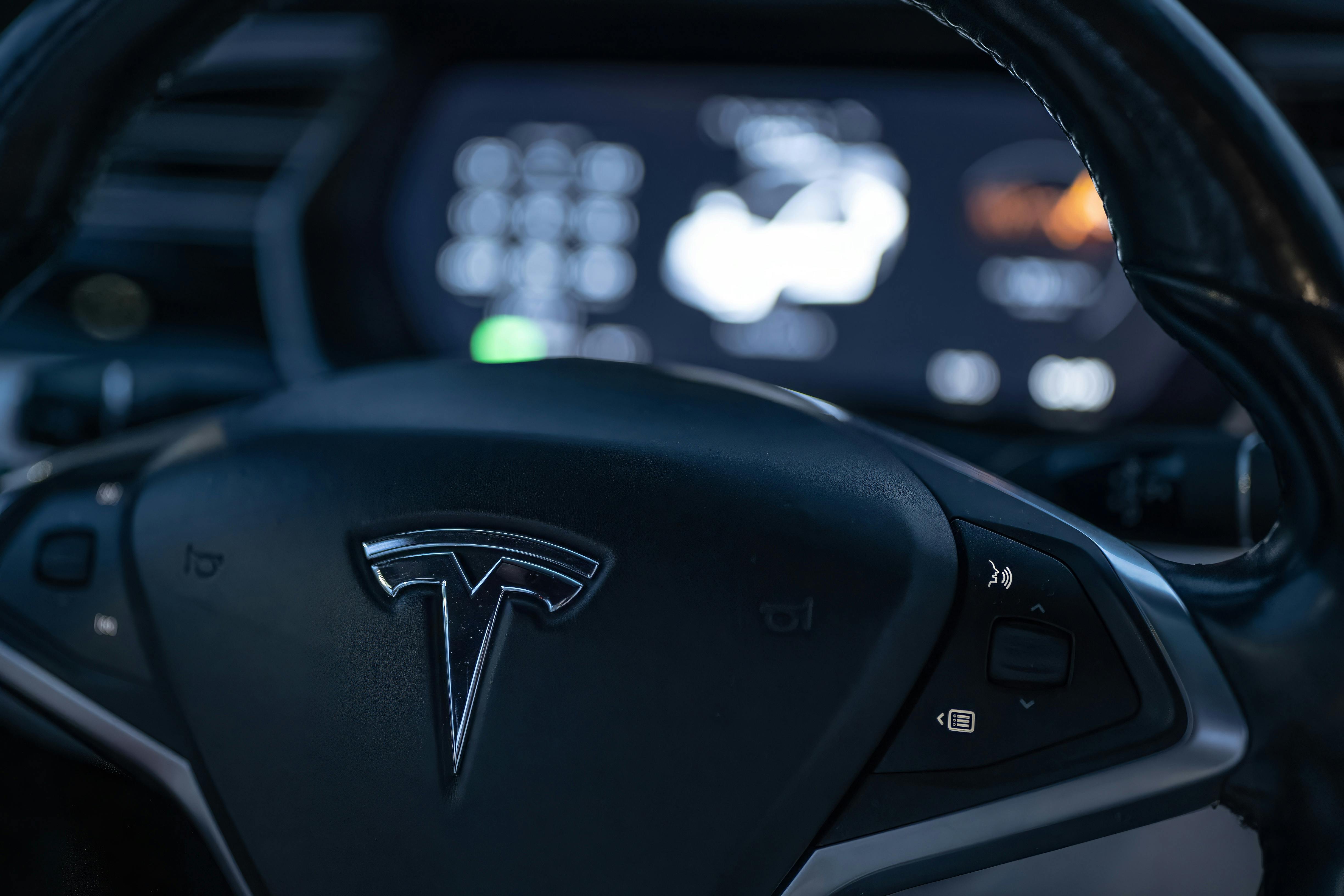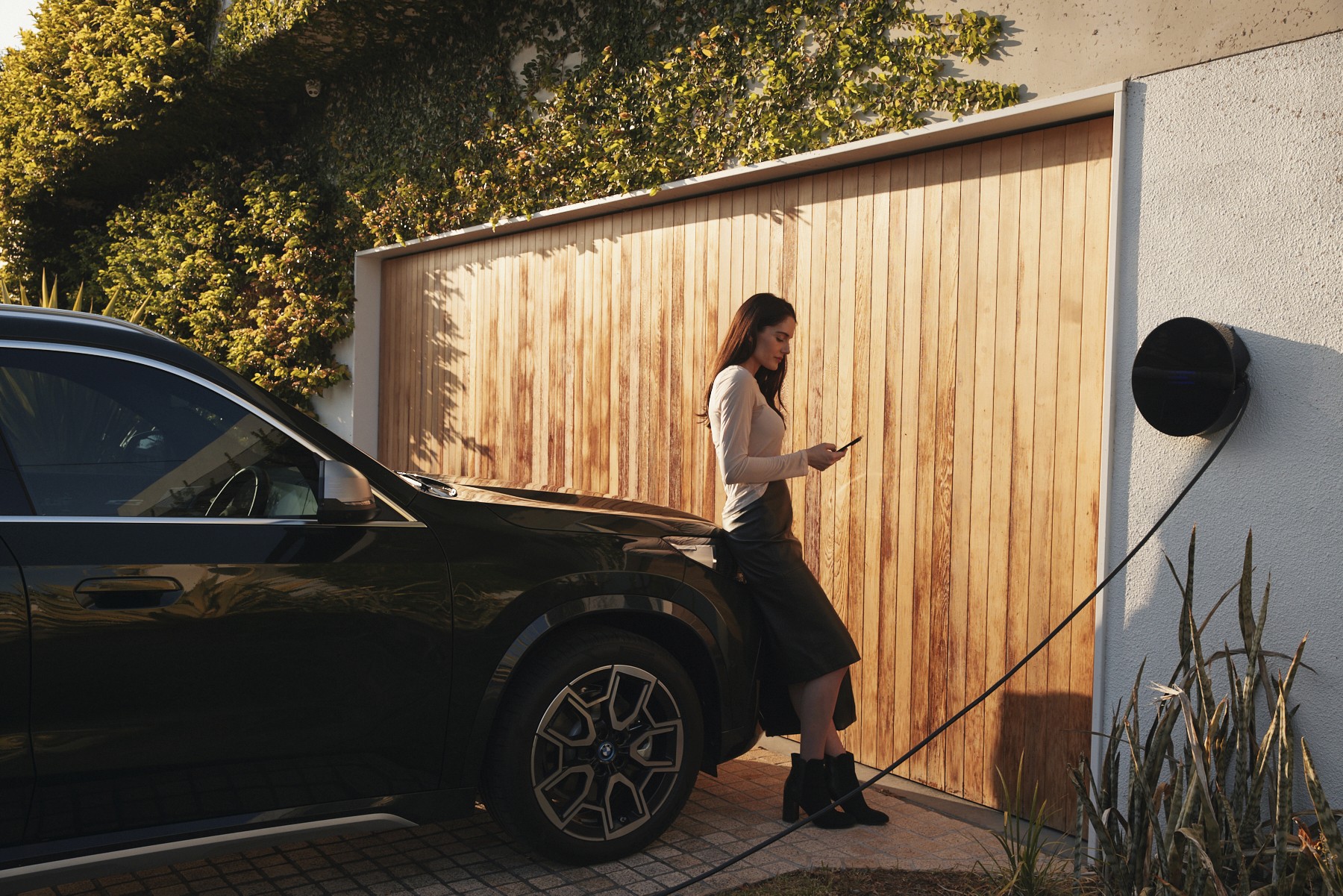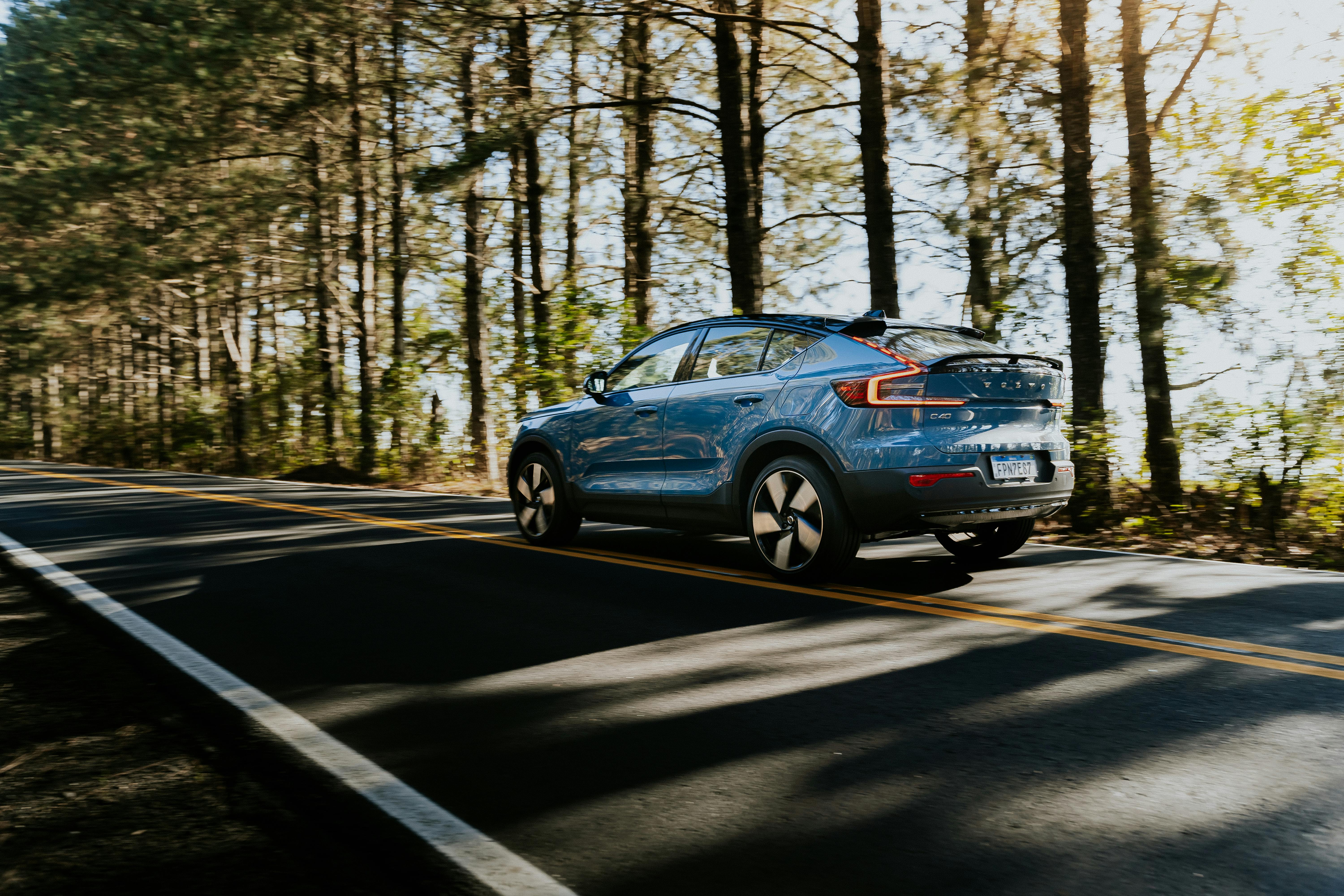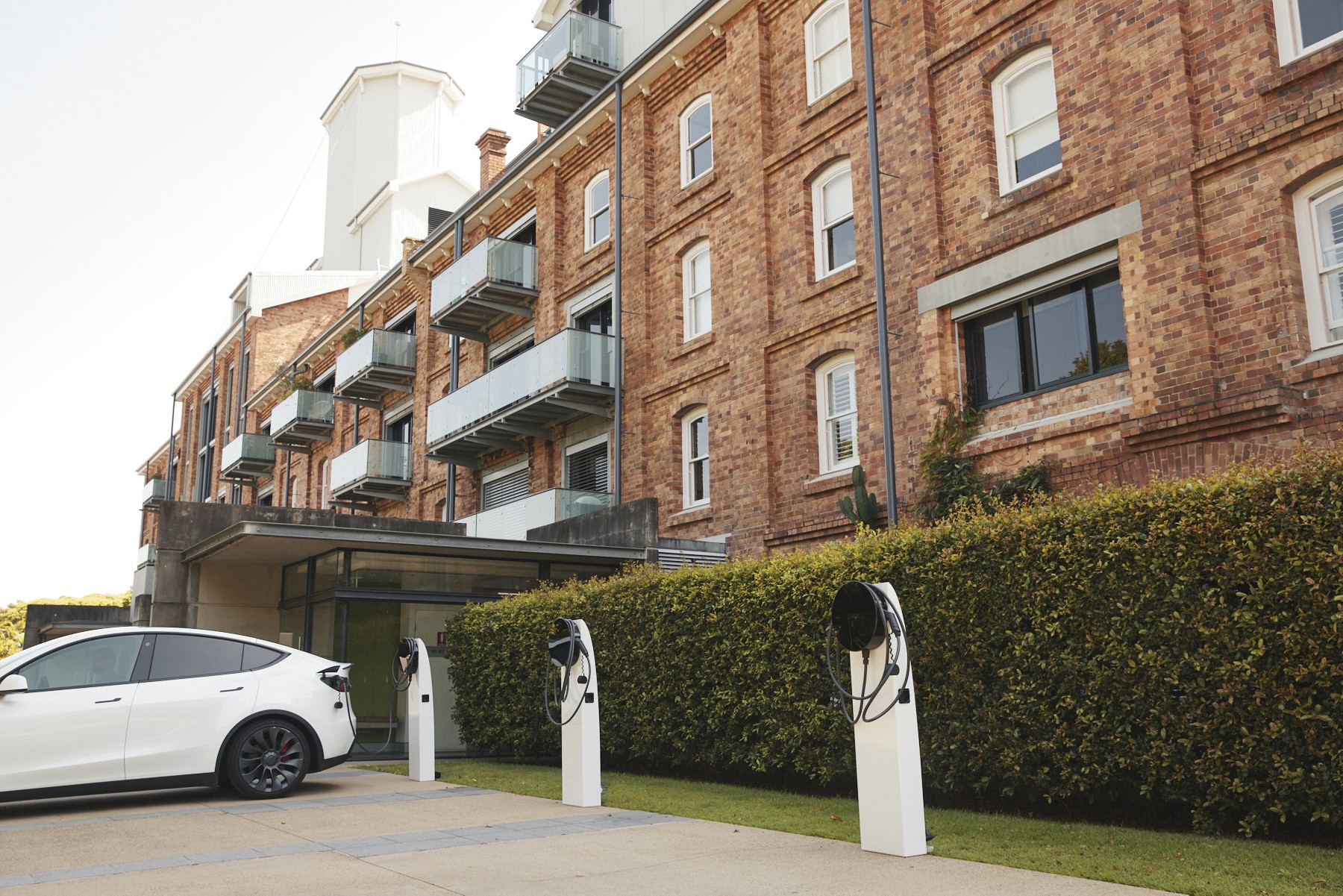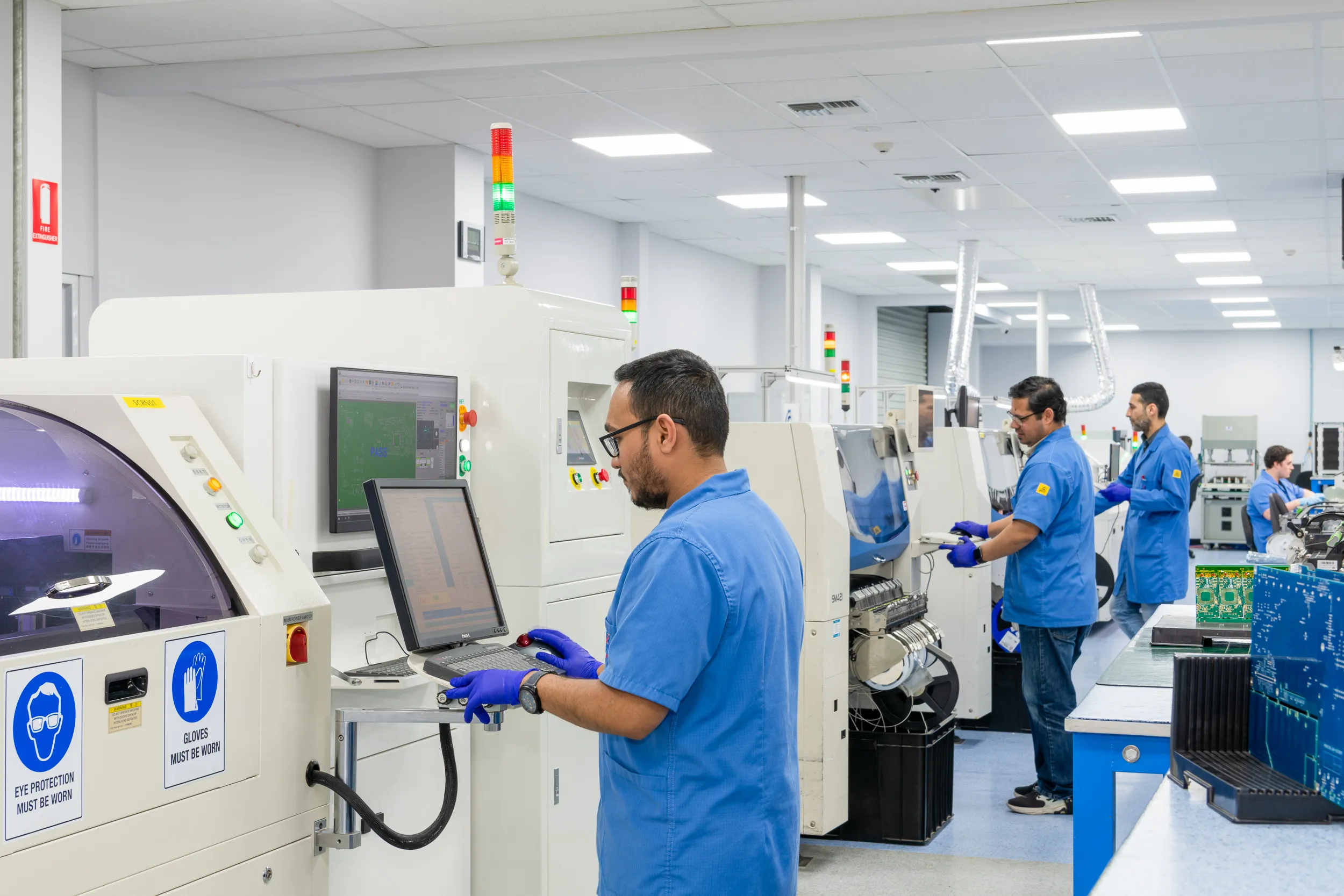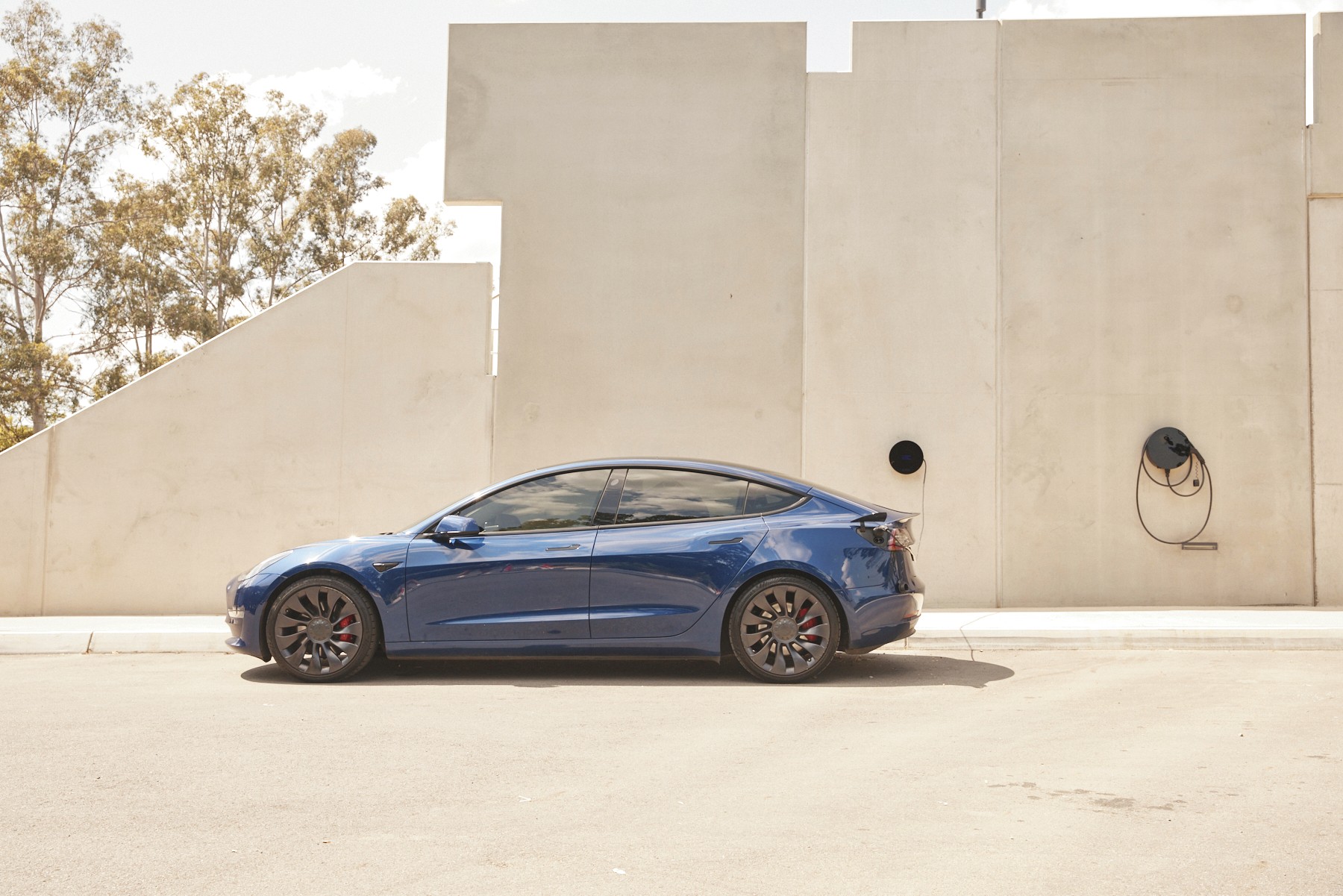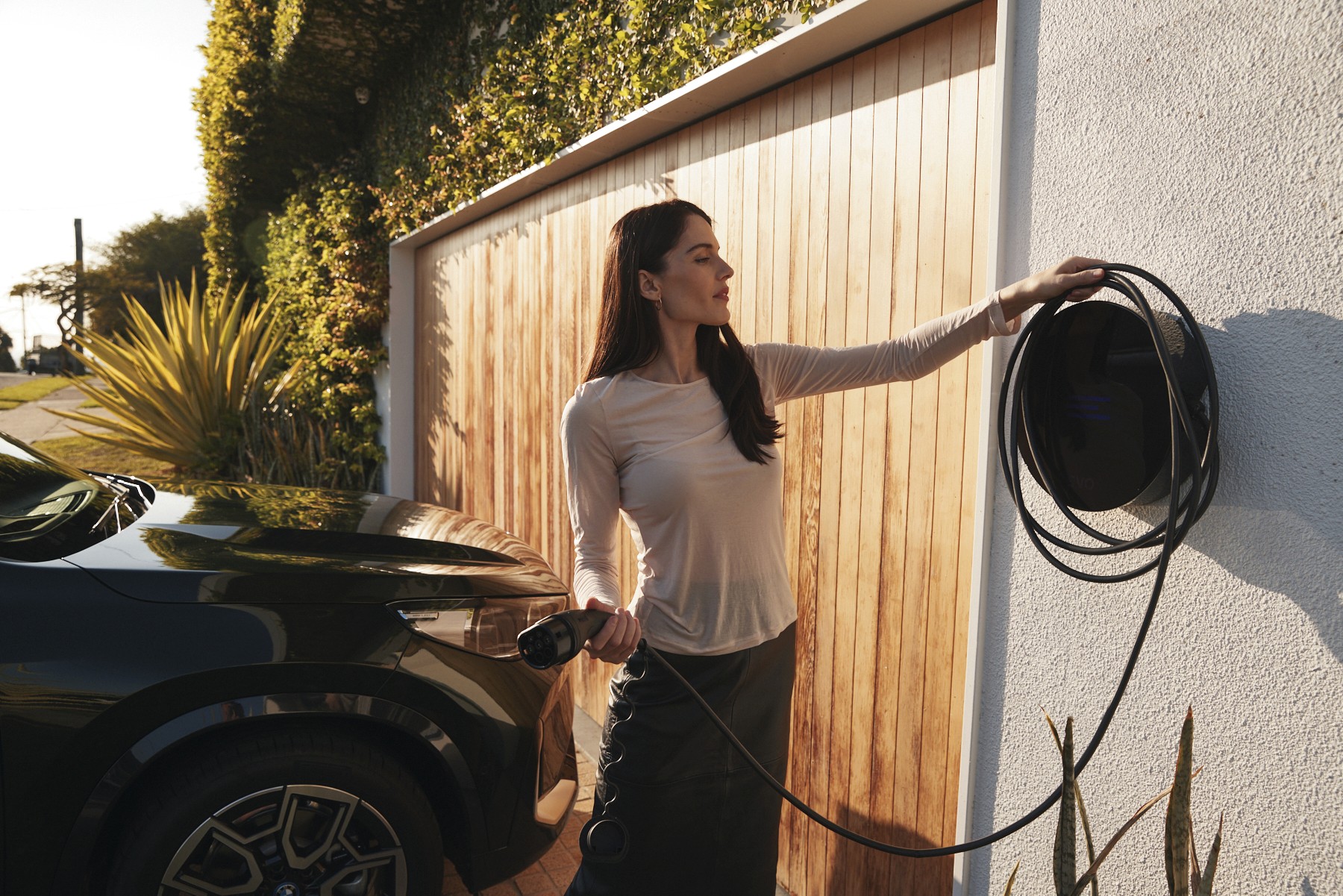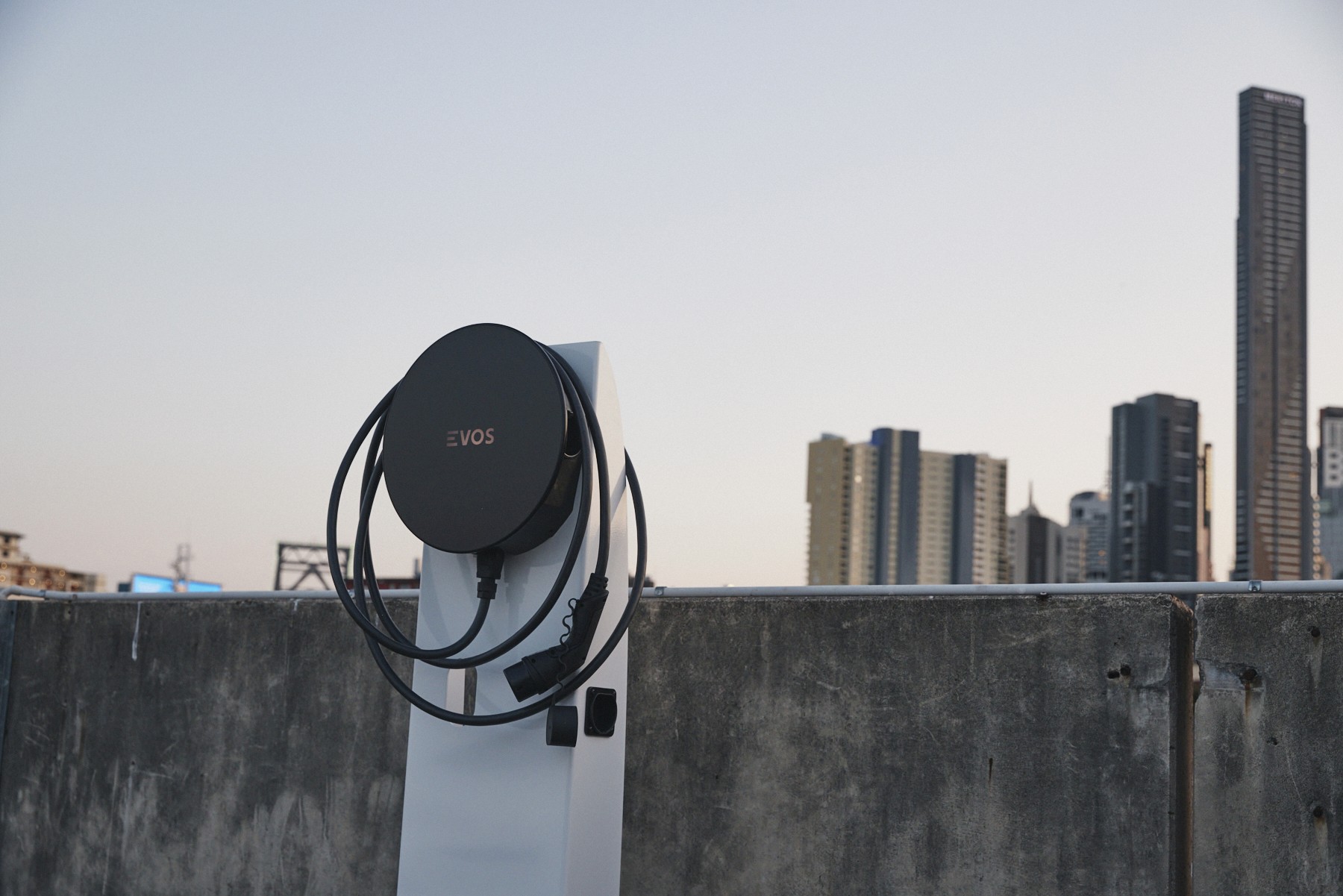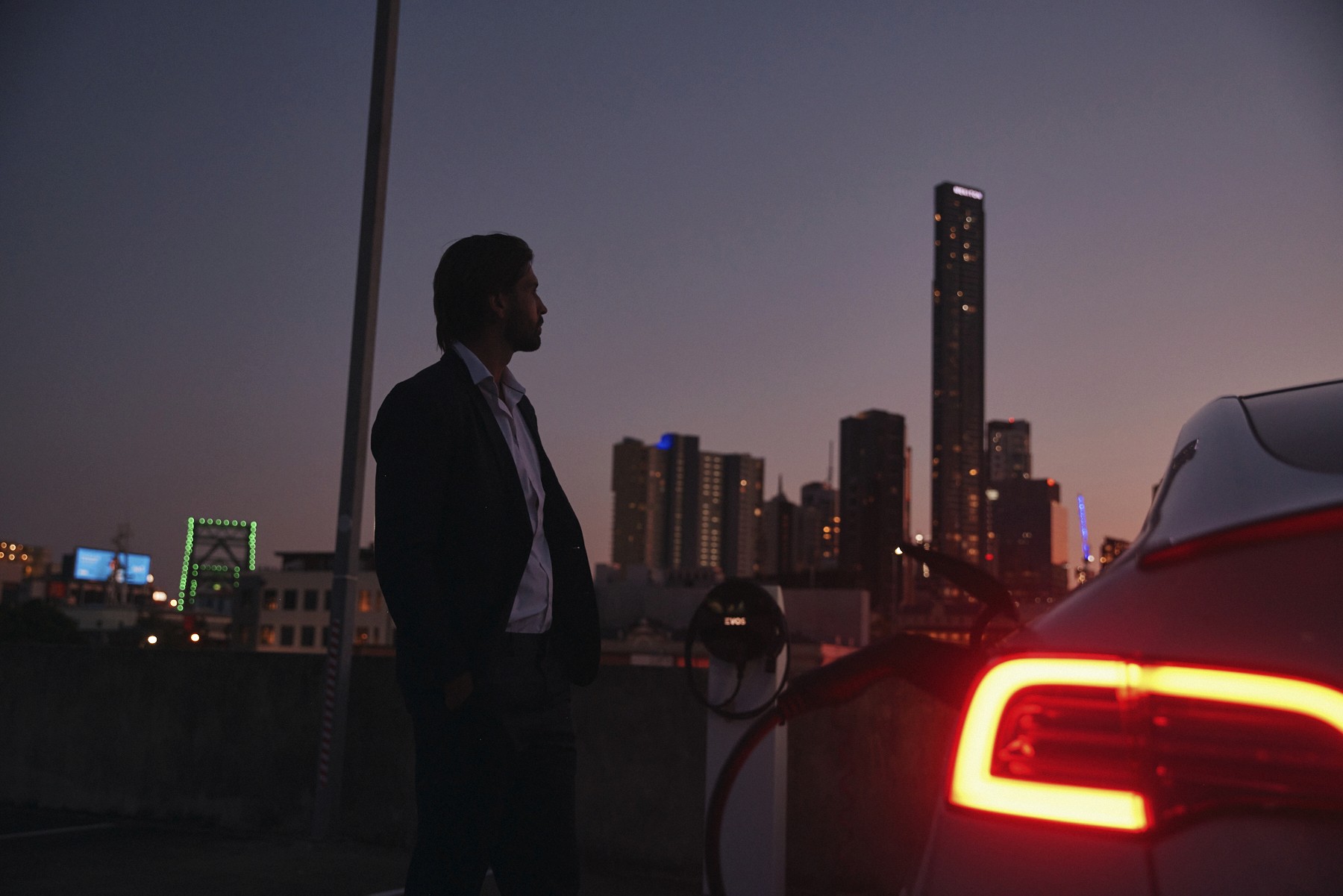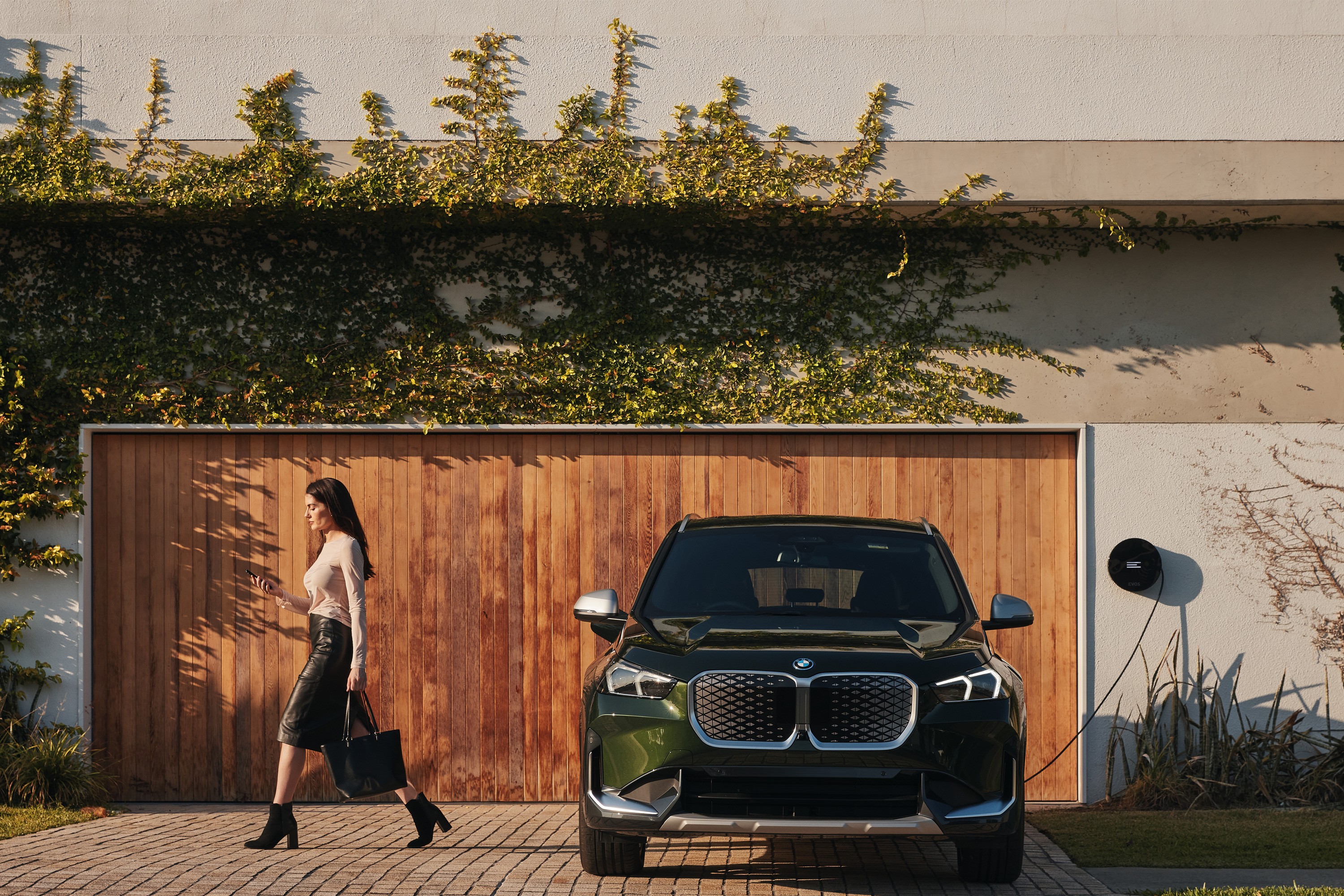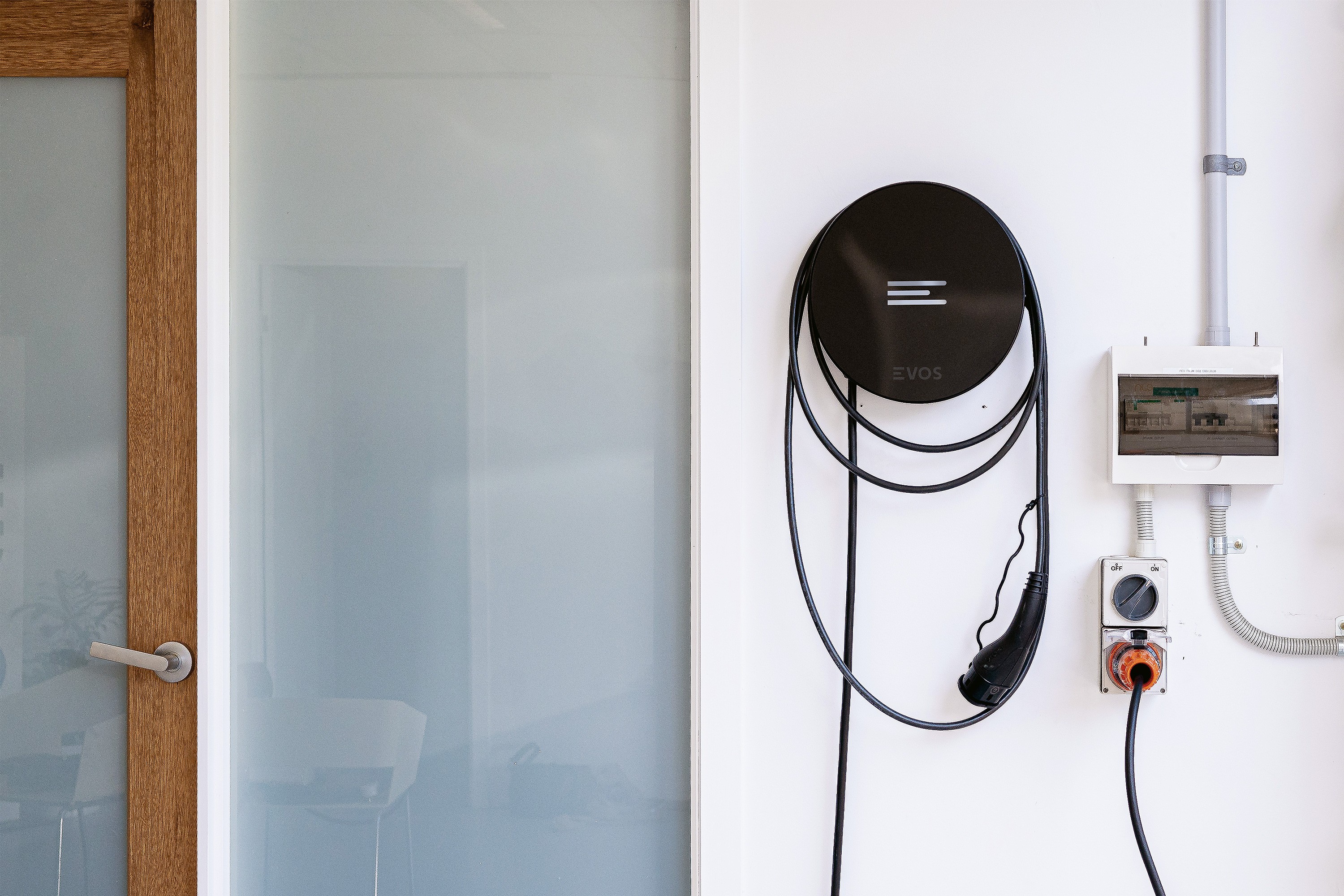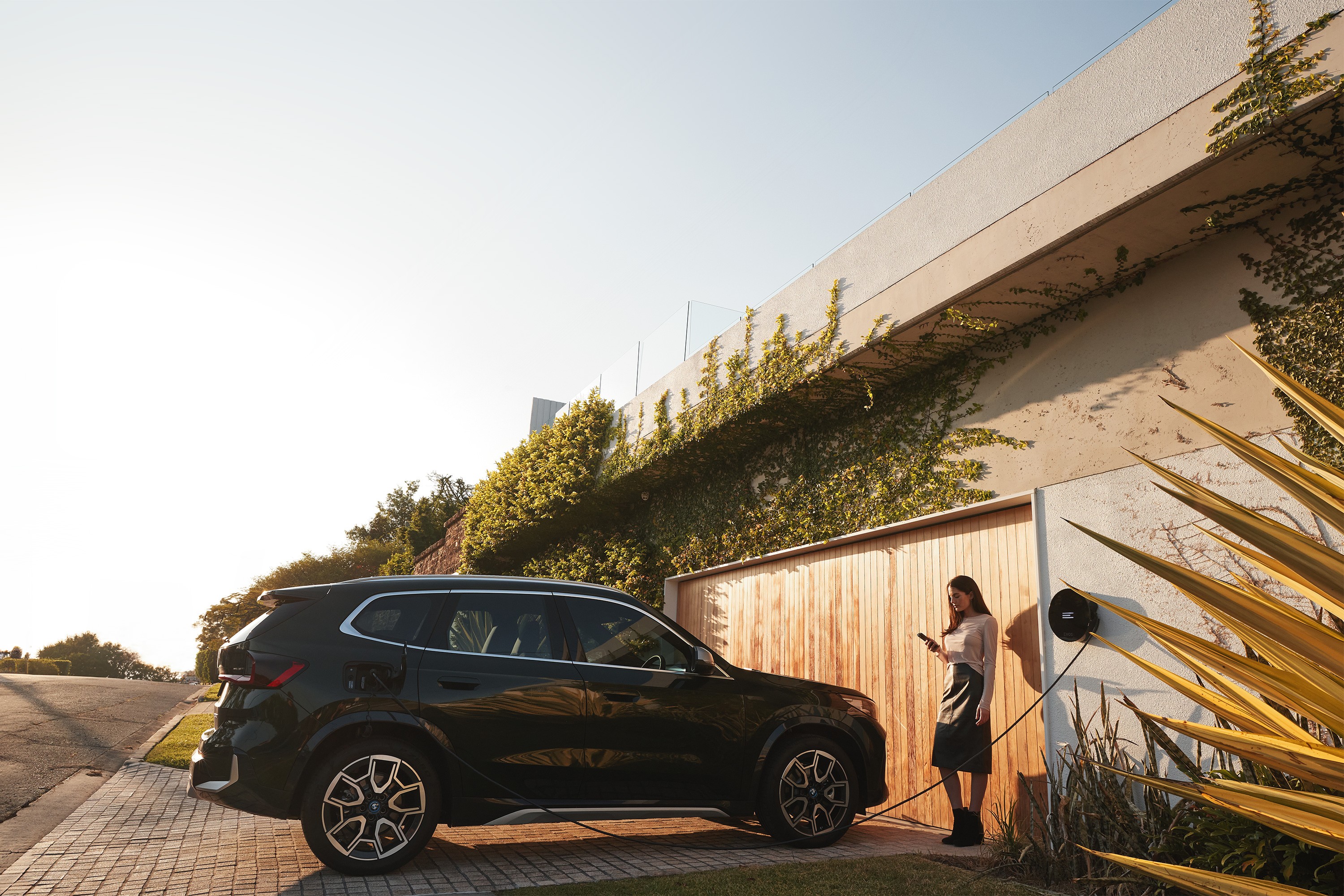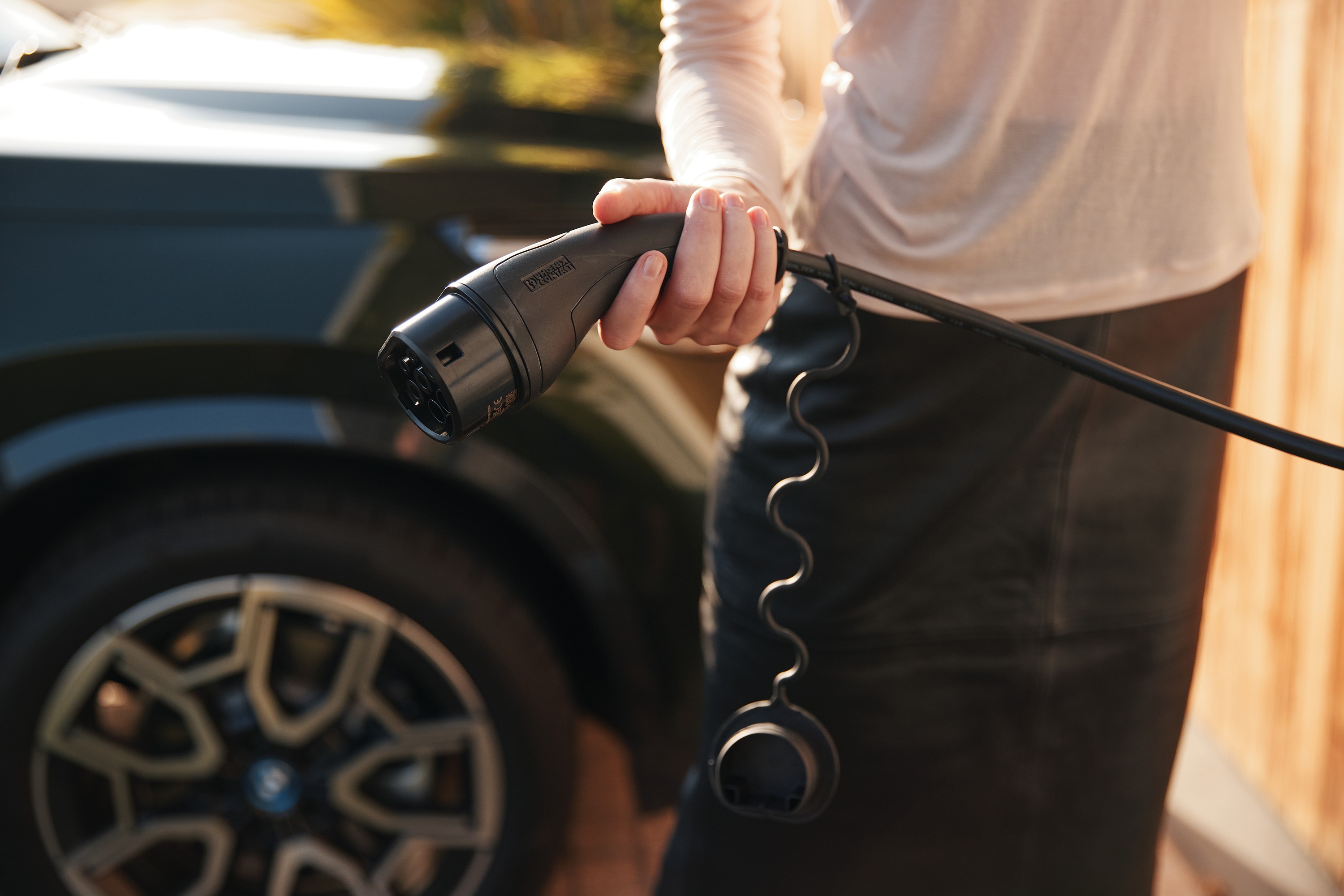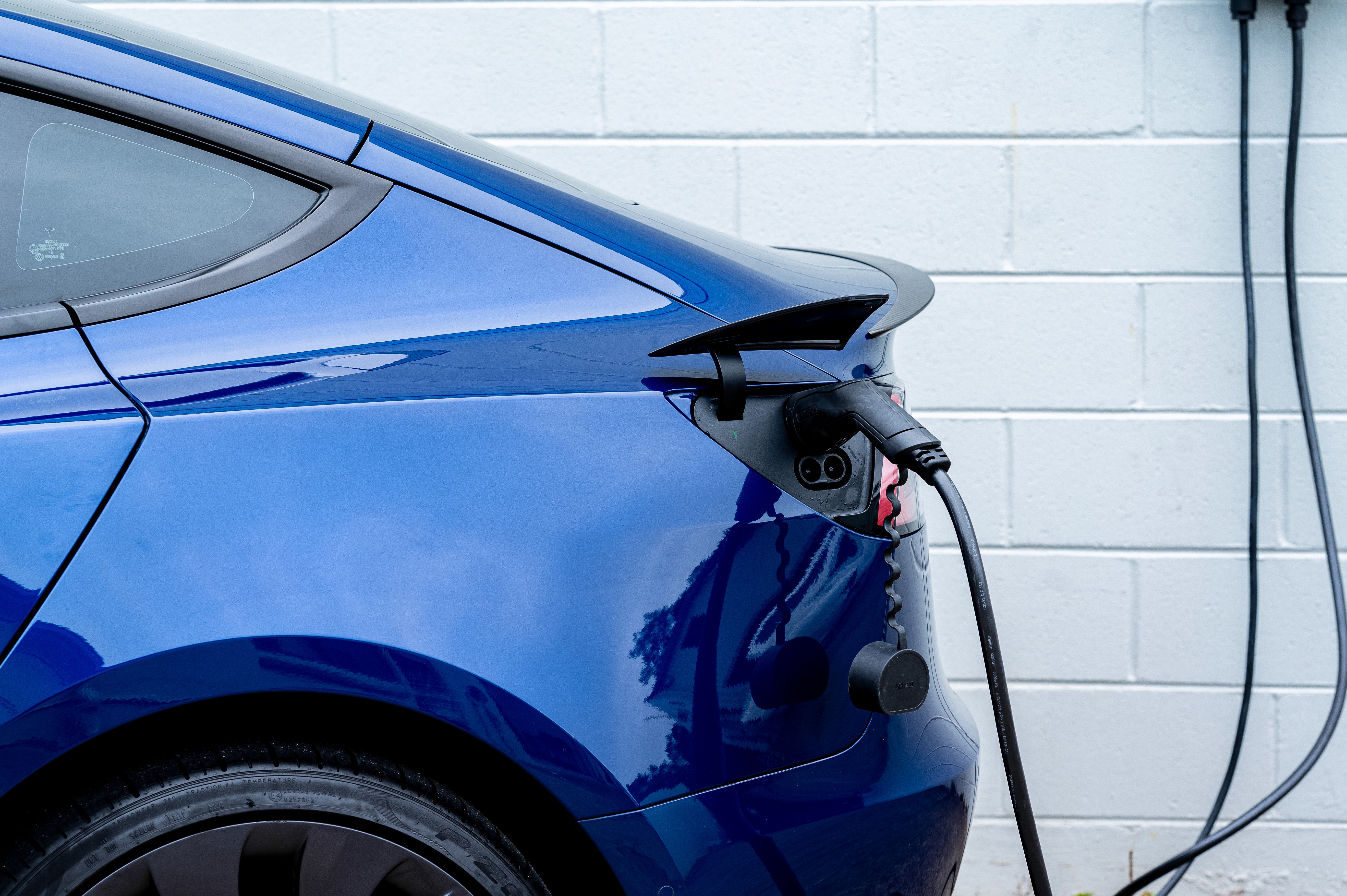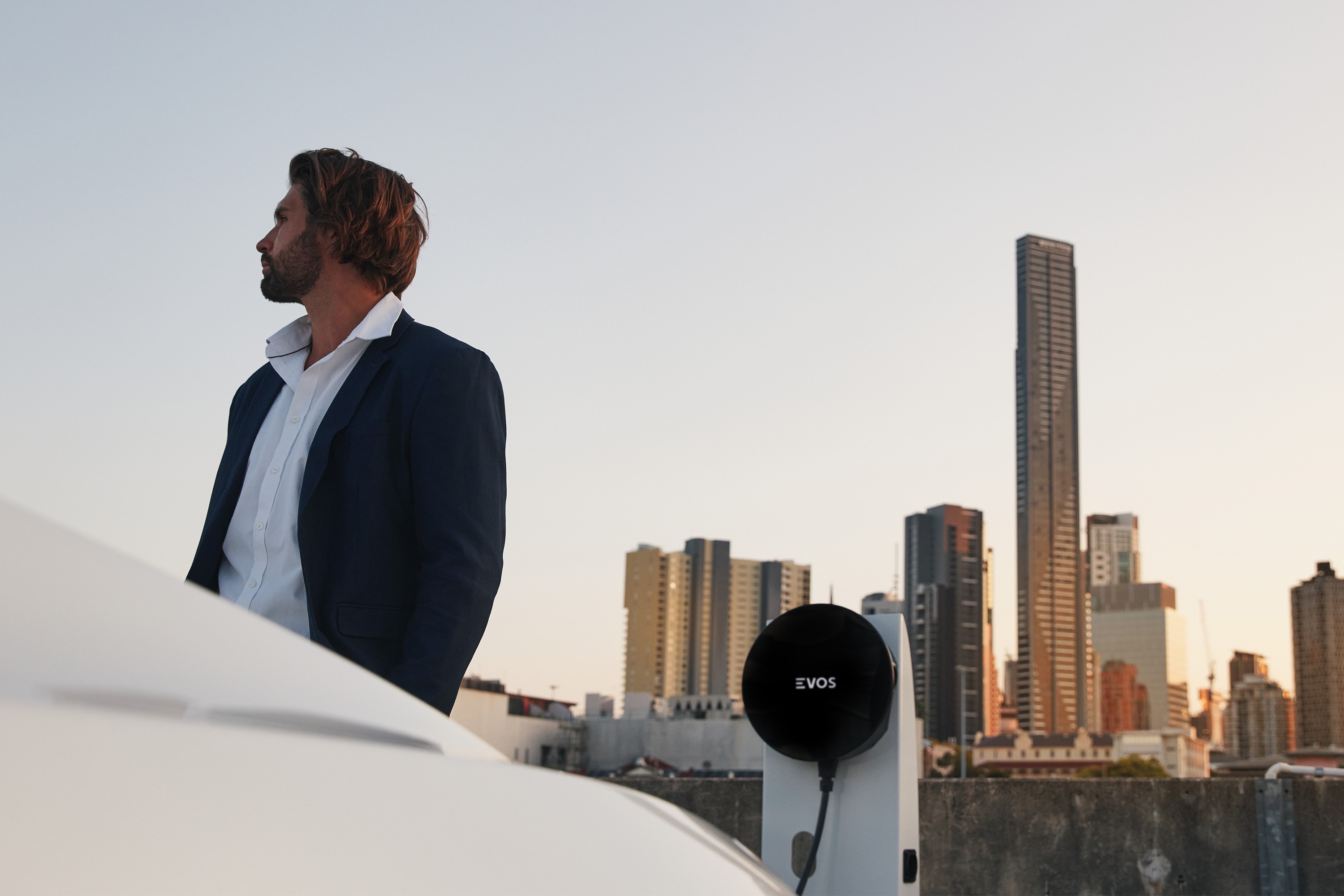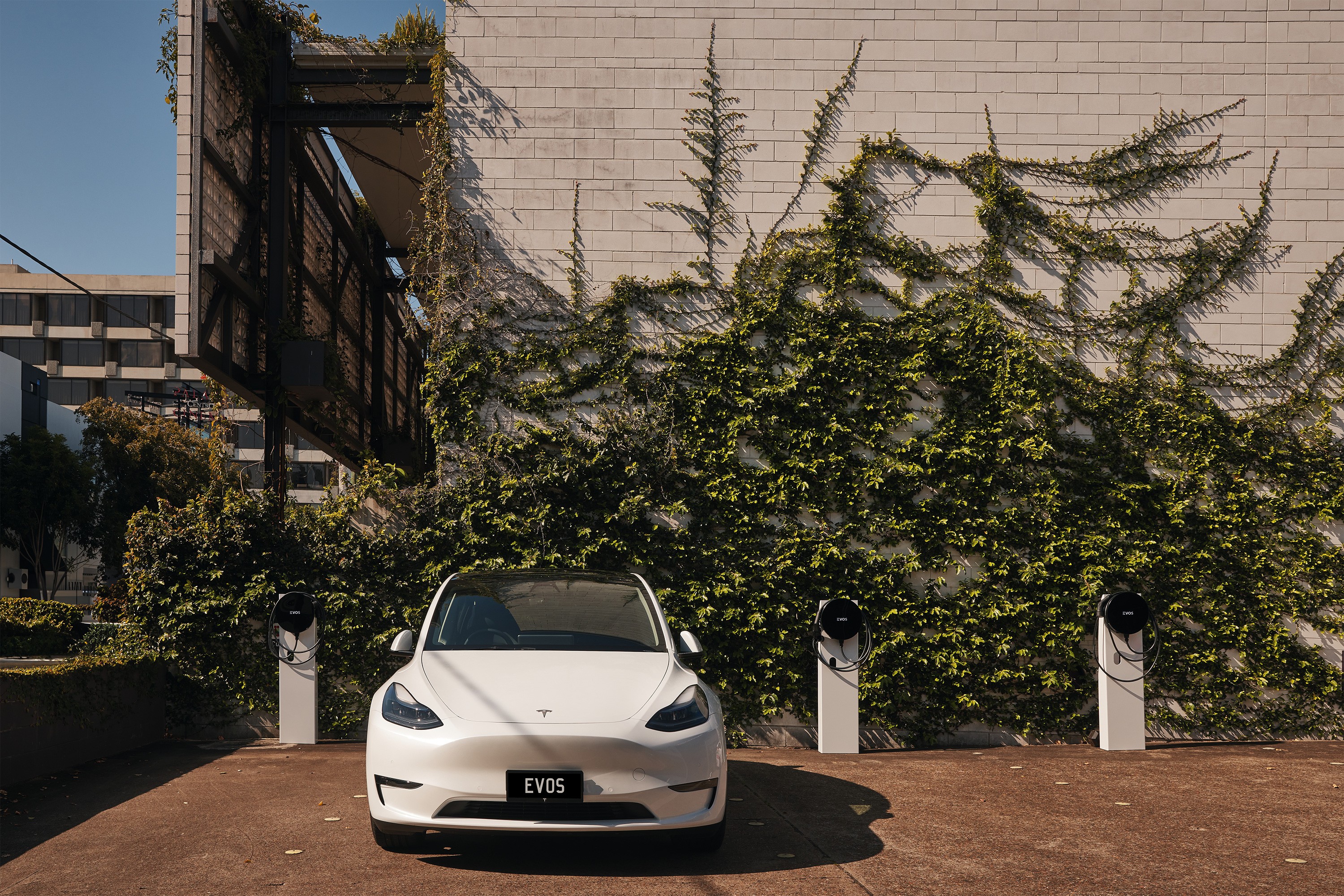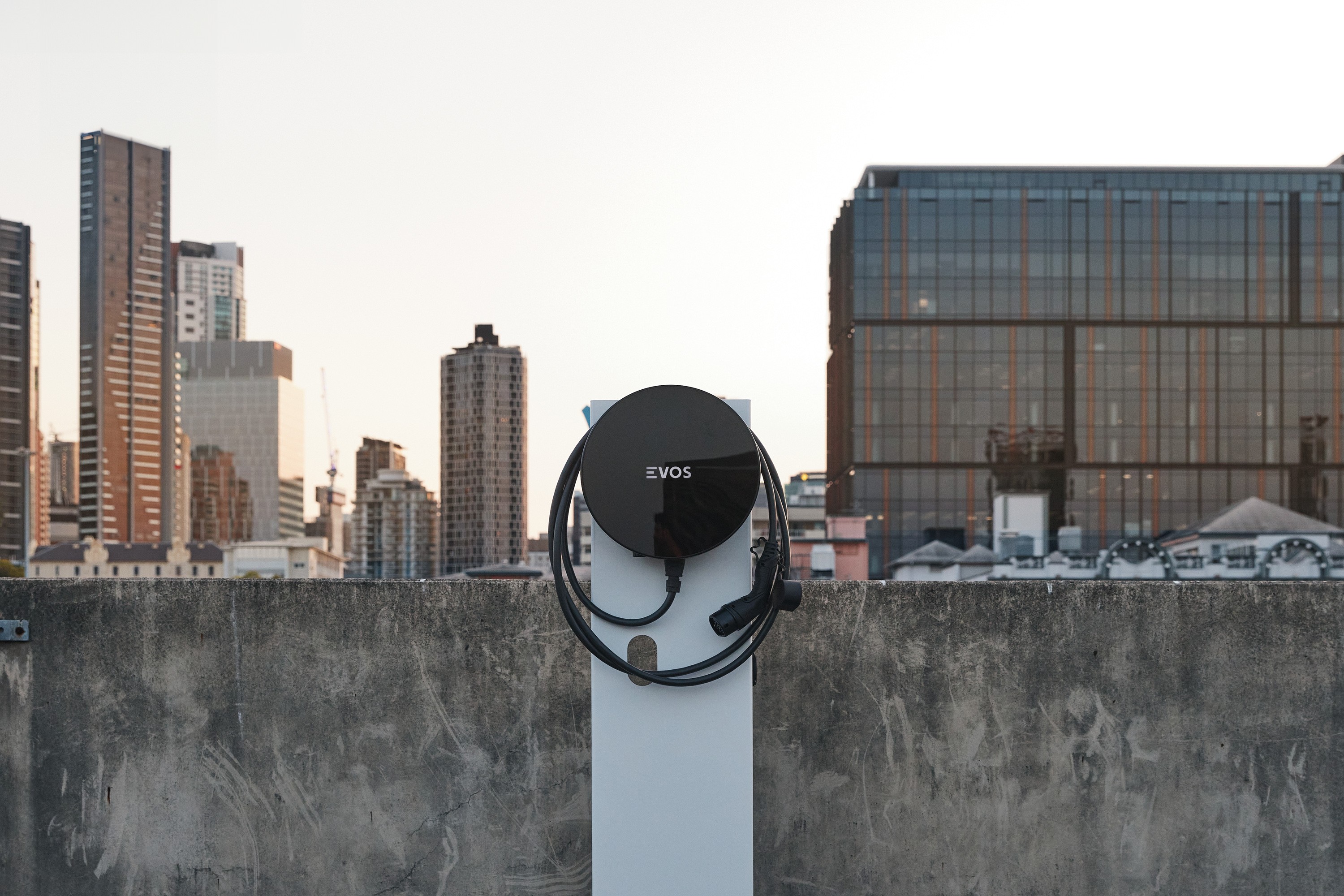

With EV adoption on the rise, one of the most important ways to support its continued growth is increasing the availability of charging infrastructure.
Usually when we talk about installing EV chargers, places like home and the office are most commonly mentioned – but what about holiday destinations? After all, electric vehicles still need to charge even when their drivers are switching off. Hotels like the popular luxury brand the Hilton have installed over 20,000 chargers at their locations, but they’re not alone – accommodation options everywhere are investing in charging infrastructure.
If you’re a hotel business looking to stay competitive in the industry, this handy guide breaks down exactly why offering chargers to guests is a strategic move and how to reduce costs by implementing energy management solutions.
The Benefits of EV Chargers
Free amenities have always been a strong marketing point for any service-oriented business. As a hotel, you likely already offer free Wi-Fi, a complimentary breakfast, and access to a pool, and offering EV charging is just another way to attract customers. Plus, promoting your charging stations online can help you connect to customers who are actively searching for hotels with EV chargers. A survey conducted last year suggested that 1 in 5 hotel guests ensure that an EV charger is an option before booking accommodation, and this number will only increase with EV sales.
Energy Management
In some cases, installing the number of chargers required to support EV charging for guests may warrant either costly infrastructure upgrades to cater to the increased power demand, or the implementation of smart energy management systems.
Our EVOS energy solutions maximise a building’s existing capacity and coordinate the excess to your guest’s charging needs. Our Dynamic Energy Balancing System (DEB) allows your hotel to install more EV charging stations without increasing electrical capacity. How? The DEB does this by constantly monitoring the capacity of the charger power circuit and automatically allocating the available capacity to charging EVs based on pre-configured options.
On the other hand, the EVOS Capacity Energy Matching system allows the whole building’s capacity, or selected circuits, to be used for EV charging. Live monitoring of your building’s power circuits and power feed allow EVOS to safely over-subscribe charging circuits to match demand. Load management can also enable your hotel to further reduce costs by setting your chargers to provide specific amounts of electricity during peak versus off-peak times.
Installing EV Chargers at your hotel is an easy way to increase customer satisfaction, encourage brand loyalty, and gain positive media coverage.
If you have any questions about how EVOS’s energy solutions can assist your hotel business, reach out to our friendly sales team at sayhi@evos.com.au
Related
Related
Related
EV energy made simple.
EV energy made simple.
EV energy made simple.



